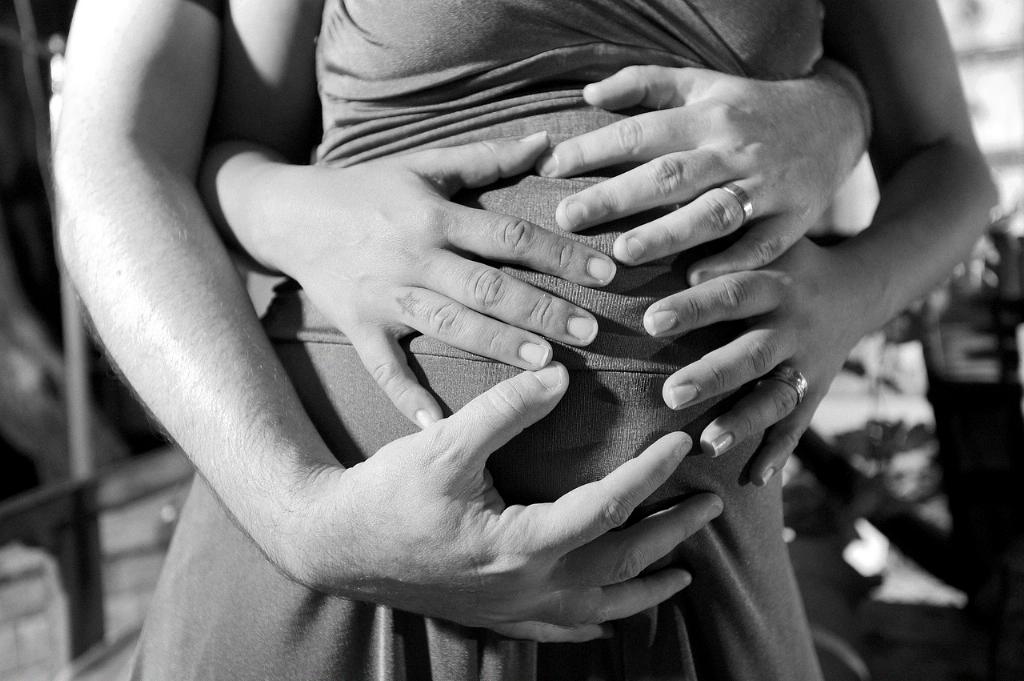Calculating your conception date can be an exciting and informative process, allowing you to gain insight into the timing of your pregnancy. While determining an exact date may not always be possible, there are methods you can use to estimate when conception likely occurred.
Understanding Ovulation Cycles
Ovulation, the process of an egg being released from the ovary, typically occurs around two weeks after the start of your menstrual period. This fertile window lasts for approximately two to three days, during which conception can take place. By tracking your menstrual cycles and identifying when you ovulate, you can pinpoint a potential conception date.
Factoring in Menstrual Period
To calculate your conception date based on ovulation, start by determining the date of your last menstrual period. Once you have this information, add around two weeks to estimate when ovulation likely occurred. This added timeframe takes into account the typical timing of ovulation in relation to the menstrual cycle.
Identifying Potential Conception Window
Considering the lifespan of both sperm and the egg, determining a specific conception date may not always be precise. However, by focusing on the days around ovulation and factoring in the viability of sperm inside the female reproductive system, you can narrow down a potential conception window.
Using Ovulation Tracking Methods
For those actively trying to conceive or interested in determining their conception date with greater accuracy, various ovulation tracking methods can be employed. These include tracking basal body temperature, monitoring cervical mucus changes, and using ovulation predictor kits to detect the surge in luteinizing hormone that precedes ovulation.
Consulting Healthcare Providers
If you are uncertain about how to calculate your conception date or would like professional guidance, consider consulting healthcare providers such as obstetricians, gynecologists, or fertility specialists. These experts can offer personalized advice and potentially conduct tests to confirm conception timing.
Factors Affecting Conception Date Calculation
It is important to note that various factors can influence the accuracy of calculating your conception date. These include irregular menstrual cycles, underlying fertility issues, the presence of certain medical conditions, and the use of assisted reproductive technologies that may impact the timing of conception.
Seeking Genetic Counseling
For individuals who are concerned about hereditary conditions or genetic disorders, genetic counseling can provide valuable information about potential risks and implications for the pregnancy. Genetic counselors can assist in determining the timing of conception to assess the likelihood of passing on genetic traits.
Keeping Track of Conception Date
Once you have estimated your conception date, consider documenting this information for future reference. Keeping track of important dates related to your pregnancy, including the conception date, can be beneficial for healthcare providers, planning purposes, and understanding the progression of your pregnancy.
Embracing the Journey of Pregnancy
Regardless of how you calculate your conception date, the journey of pregnancy is a unique and special experience. Embrace the changes happening in your body, seek support from loved ones, and prioritize your physical and emotional well-being throughout each stage of pregnancy.
Conclusion
Calculating your conception date can involve a combination of tracking ovulation cycles, considering the timing of your menstrual period, and utilizing various methods to pinpoint potential conception windows. While the process may not always provide an exact date, it can offer insights into the timing of conception and enrich your understanding of your pregnancy journey.

